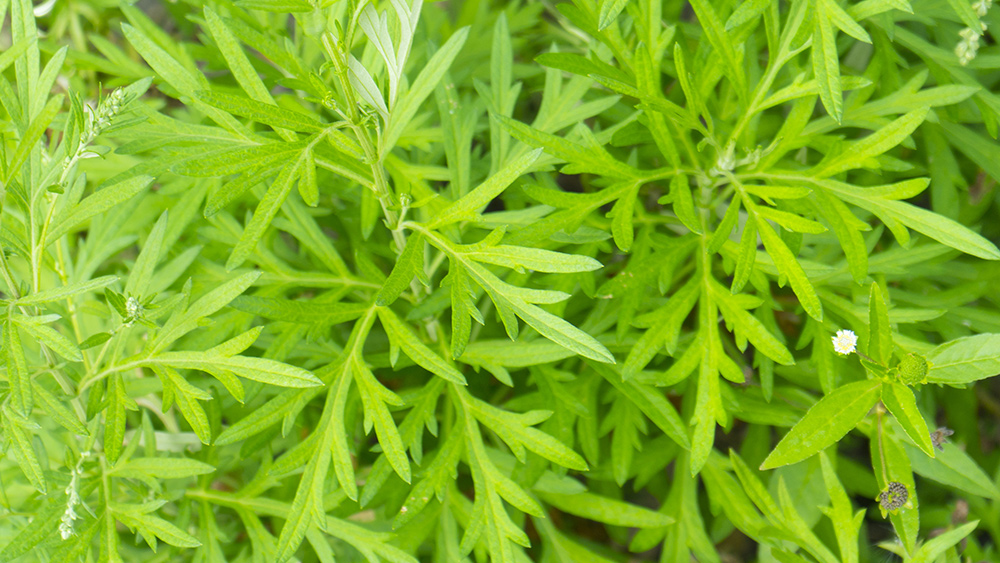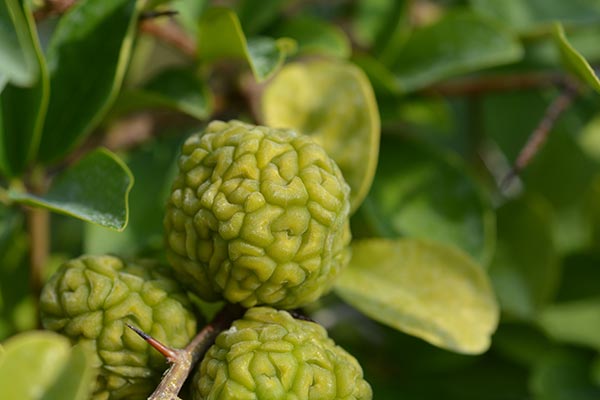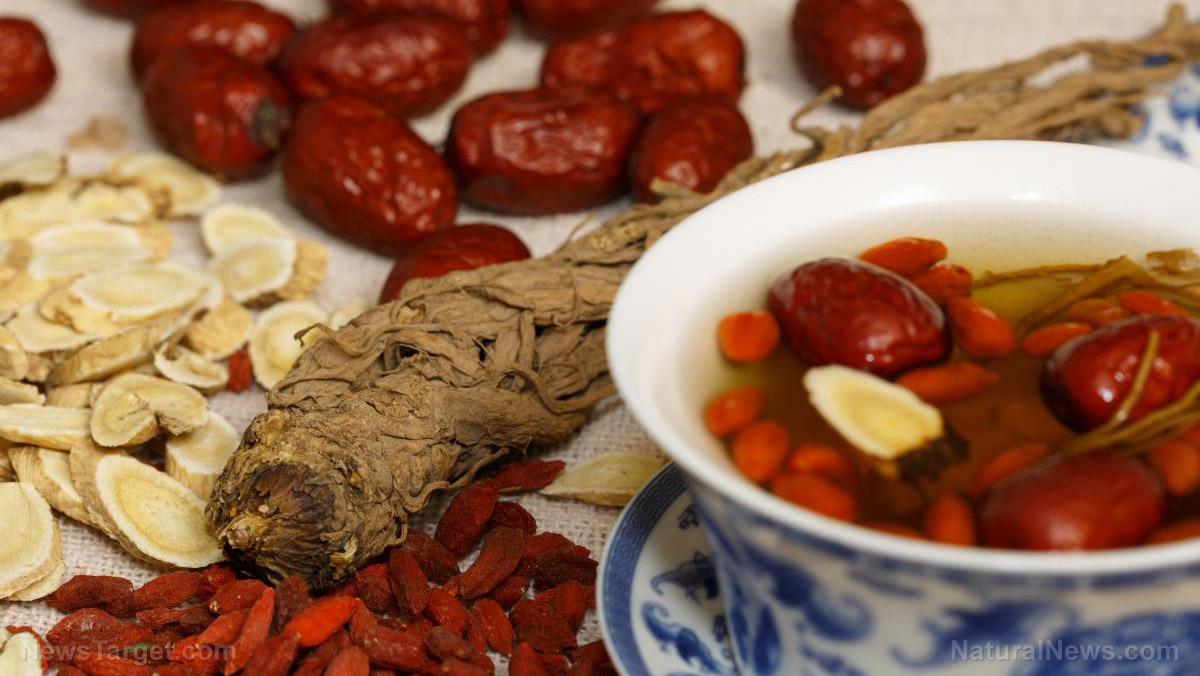Quercetin, the active compound in Yang-Yin-Qing-Fei-Tang, found to inhibit lung cancer
03/30/2020 / By Evangelyn Rodriguez

Quercetin is a plant pigment or flavonoid that’s present in fruits, vegetables, seeds and grains. It is considered one of the most abundant antioxidants in the human diet. Apart from its antioxidant activities, quercetin is also known for having other beneficial properties, such as anti-inflammatory, anti-hypertensive, anti-obesity and even anti-cancer activities.
In an recent study published in The American Journal of Chinese Medicine, researchers from China looked into the chemical components and mechanism of action of a traditional Chinese medicine (TCM) known as yang yin qing fei tang (YYQFT). They found that quercetin is not only one of the main active components of YYQFT, but it is also responsible for the medicine’s inhibitory effect on the growth of non-small cell lung cancer cells.
YYQFT can prevent the growth of lung cancer, thanks to quercetin
According to the researchers, YYQFT is a well-known TCM used in the treatment of chronic obstructive pulmonary emphysema, bronchitis and cytomegaloviral pneumonia, but its mode of action is still unclear.
To elucidate the mechanism underlying its medicinal properties, the researchers first obtained extracts from YYQFT using different solvents. They then identified the most effective extract by assessing their individual effects on non-small cell lung cancer cell growth. Non-small cell lung cancer is the most common type of lung cancer in humans.
The researchers identified several active compounds in YYQFT and found that quercetin is one of them. They then tested the anti-tumor activity of quercetin in vivo using a lung cancer xenograft model in mice.
The researchers reported that quercetin at a concentration of 200 micrograms per milliliter (mcg/mL) significantly reduced tumor volume without affecting the body weight of the mice. Quercetin also induced apoptosis in tumor tissues by upregulating multiple apoptosis-related genes, such as p53, Bax and Fas.
In addition, quercetin increased the ratio of Bax/Bcl-2 proteins. This ratio is considered by scientists as an indicator of the susceptibility of cells to apoptosis, or programmed cell death. A low Bax/Bcl-2 ratio is typically seen in human cancer cells that resist apoptosis, while a high ratio is indicative of impending cell death.
Based on these findings, the researchers concluded that quercetin, as the main active component of YYQFT, is responsible for the inhibitory effects shown by this TCM on non-small cell lung cancer cell growth.
The health benefits of quercetin
Flavonoids like quercetin are known for their antioxidant activities, which include neutralizing free radicals and protecting cells from their damaging effects. Quercetin, in particular, can be found in abundance in certain foods, particularly fruits and vegetables. Some examples of quercetin-rich foods include apples, berries, broccoli, capers, cherries, citrus fruits, onions and green tea.
But besides dietary sources, quercetin can also be obtained from supplements. Today, these supplements are used to boost immunity, enhance physical performance and maintain overall health. Here are some other health benefits associated with quercetin: (h/t to Healthline.com)
- Helps reduce inflammation
- Eases allergy symptoms
- Reduces the risk of neurodegenerative diseases (e.g., Alzheimer’s disease and dementia)
- Helps lower blood pressure
- Helps combat aging
- Aids in exercise performance
- Helps regulate blood sugar
Quercetin is a naturally occurring compound that has beneficial effects on the human body. It is generally safe to consume in its natural form (i.e., from foods) as well as in supplement form. According to studies, the maximum dose for quercetin supplements is 1,000 mg per day. Taking more than that amount may cause side effects, such as headaches or stomachaches. The best source of quercetin is fresh, organic plant-based food; on the other hand, if you wish to take supplements, consult with your natural health practitioner to avoid any unwanted interaction with your current medications.
Sources include:
Tagged Under: alternative medicine, antioxidant, cancer cures, Chinese medicine, herbal medicine, Herbs, lung cancer, lung health, natural cures, natural medicine, phytonutrients, quercetin, research
RECENT NEWS & ARTICLES
COPYRIGHT © 2017 CHINESE MEDICINE NEWS

















